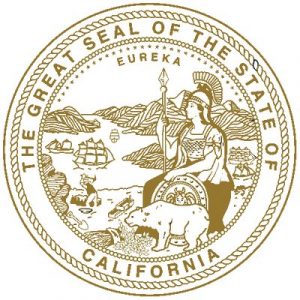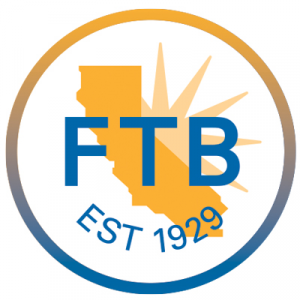SeeSALT attorneys Carley Roberts & Mike Le partnered with their Pillsbury tax colleagues Nora Burke & Hannah Hollingsworth to detail the impact of COVID-19 on the IRS and States Extended Tax Payment Deadlines.
Takeaways of the recent article include:
- The IRS announced that individuals and businesses may defer both federal income tax payments and filings due April 15 until July 15, without any cap on tax liability.
- California updated its tax extension to follow the IRS’s extension.
- Many other states are starting to align with the IRS’s extension or have announced other tax relief.
For the full article, please click here.
 SeeSALT Blog
SeeSALT Blog



 Pillsbury has earned a total of 154 national and regional practice rankings in the latest U.S. News – Best Lawyers 2020 Best Law Firms survey.
Pillsbury has earned a total of 154 national and regional practice rankings in the latest U.S. News – Best Lawyers 2020 Best Law Firms survey. There were two competing bills regarding tax sharing agreements (TSAs) this legislative session: SB 531 and SB 485. The former would have barred all TSAs at the local level as of January 1, 2020. The latter would not bar TSAs but instead would require the locality to report certain information pertaining to the agreement that would be made publicly available. On October 12, 2019, Gov. Gavin Newsom vetoed the bill that would have barred TSAs altogether and instead signed the other bill that requires publicly reporting certain information pertaining to the TSAs.
There were two competing bills regarding tax sharing agreements (TSAs) this legislative session: SB 531 and SB 485. The former would have barred all TSAs at the local level as of January 1, 2020. The latter would not bar TSAs but instead would require the locality to report certain information pertaining to the agreement that would be made publicly available. On October 12, 2019, Gov. Gavin Newsom vetoed the bill that would have barred TSAs altogether and instead signed the other bill that requires publicly reporting certain information pertaining to the TSAs. Yesterday, the California Franchise Tax Board convened a public meeting to discuss tax compliance within the growing gig economy and the challenges of meeting these obligations. Speakers from academia, the FTB, the business community, and gig workers themselves, discussed various tax issues, three of which stood out.
Yesterday, the California Franchise Tax Board convened a public meeting to discuss tax compliance within the growing gig economy and the challenges of meeting these obligations. Speakers from academia, the FTB, the business community, and gig workers themselves, discussed various tax issues, three of which stood out.